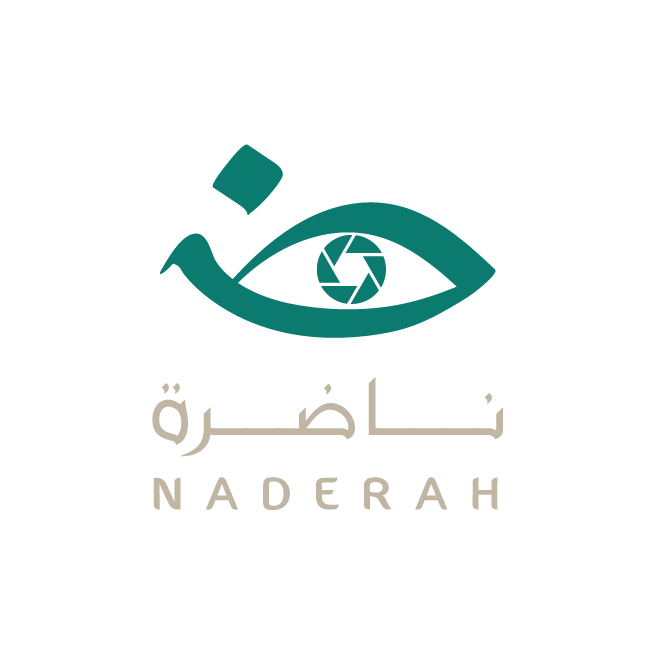
- Main
- Egypt
- Hijaz
- Yemen
- Al-Ahsa and Amman
- Iraq and the Levant
- Africa and the Islamic world
- The Arab Maghreb
- everyone
- Habib Muhammad bin Hadi al-Saqqaf
- Habib Abdul Qadir bin Ahmed Al-Saqqaf
- Habib Ahmad Mashhour Al-Haddad
- Sheikh Abdul Rahman Al-Shaghouri
- Sheikh Abdullah Serageldin
- Sheikh Abdullah bin Siddiq Al-Ghamari
- Sheikh Mahmoud Effendi
- Mr. Muhammad Alawi Al-Maliki
- Sheikh Saleh Al-Jaafari
- Sheikh Muhammad Saeed Ramadan Al-Bouti
- Sheikh Mohammed Metwally Al Shaarawi
- Sheikh Badr Al-Din Al-Hasani
- Mr. Mohamed Abdel Hay Al-Kattani
- Sheikh Abdul Karim, the teacher
- Sheikh Hassan Muhammad Al-Shammat
- Sheikh Mohamed Belkayed
- Sheikh Muhammad Bakhit Al-Mutaie
- Sheikh Abdul Qadir Issa
- Mr. Muhammad Al-Makki Al-Kattani
- Sheikh Abu Abbas bin Mustafa Balawi
- The well-known beloved Abu Bakr al-Adani
- Sheikh Abdul Halim Mahmoud
- Habib Omar bin Ahmed bin Sumait
- Habib Fadl bin Alawi
- Mr. Hamzah bin Al-Abbas Al-Budshishi
- Sheikh Abdul Aziz eyes black
- Mr. Mohammed Al-Hashemi Al-Tlemsani
- Sheikh Muhammad Nazim Al-Haqqani
- Sheikh Nur al-Din Atar al-Hasani
- Sheikh Muhammad Zaki Ibrahim
- Habib Abu Bakr al-Saqqaf
- Habib Jaafar bin Ahmed Al-Aidarous
- Habib Hassan bin Abdullah Shatri
- Habib Abdul Rahman bin Obaidullah Al-Saqqaf
- Mr. Prince Abdelkader Algerian
- Mr. Alawi bin Abbas Al-Maliki
- Sheikh Ahmed bin Mohammed Al Haroun
- Sheikh Ahad Taha Rayan
- Sheikh Ahmed bin Mohammed Al Habbal
- Sheikh Mohammed is great
- Sheikh Ahmed Mohamed Radwan
- Sheikh Mohammed bin Ahmed Al-Nabhani
- Sheikh Said Nursi
- Connect with us
English
- Main
- Egypt
- Hijaz
- Yemen
- Al-Ahsa and Amman
- Iraq and the Levant
- Africa and the Islamic world
- The Arab Maghreb
- everyone
- Habib Muhammad bin Hadi al-Saqqaf
- Habib Abdul Qadir bin Ahmed Al-Saqqaf
- Habib Ahmad Mashhour Al-Haddad
- Sheikh Abdul Rahman Al-Shaghouri
- Sheikh Abdullah Serageldin
- Sheikh Abdullah bin Siddiq Al-Ghamari
- Sheikh Mahmoud Effendi
- Mr. Muhammad Alawi Al-Maliki
- Sheikh Saleh Al-Jaafari
- Sheikh Muhammad Saeed Ramadan Al-Bouti
- Sheikh Mohammed Metwally Al Shaarawi
- Sheikh Badr Al-Din Al-Hasani
- Mr. Mohamed Abdel Hay Al-Kattani
- Sheikh Abdul Karim, the teacher
- Sheikh Hassan Muhammad Al-Shammat
- Sheikh Mohamed Belkayed
- Sheikh Muhammad Bakhit Al-Mutaie
- Sheikh Abdul Qadir Issa
- Mr. Muhammad Al-Makki Al-Kattani
- Sheikh Abu Abbas bin Mustafa Balawi
- The well-known beloved Abu Bakr al-Adani
- Sheikh Abdul Halim Mahmoud
- Habib Omar bin Ahmed bin Sumait
- Habib Fadl bin Alawi
- Mr. Hamzah bin Al-Abbas Al-Budshishi
- Sheikh Abdul Aziz eyes black
- Mr. Mohammed Al-Hashemi Al-Tlemsani
- Sheikh Muhammad Nazim Al-Haqqani
- Sheikh Nur al-Din Atar al-Hasani
- Sheikh Muhammad Zaki Ibrahim
- Habib Abu Bakr al-Saqqaf
- Habib Jaafar bin Ahmed Al-Aidarous
- Habib Hassan bin Abdullah Shatri
- Habib Abdul Rahman bin Obaidullah Al-Saqqaf
- Mr. Prince Abdelkader Algerian
- Mr. Alawi bin Abbas Al-Maliki
- Sheikh Ahmed bin Mohammed Al Haroun
- Sheikh Ahad Taha Rayan
- Sheikh Ahmed bin Mohammed Al Habbal
- Sheikh Mohammed is great
- Sheikh Ahmed Mohamed Radwan
- Sheikh Mohammed bin Ahmed Al-Nabhani
- Sheikh Said Nursi
- Connect with us
English